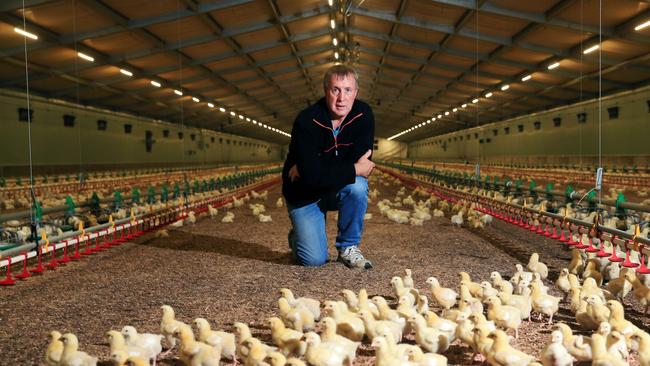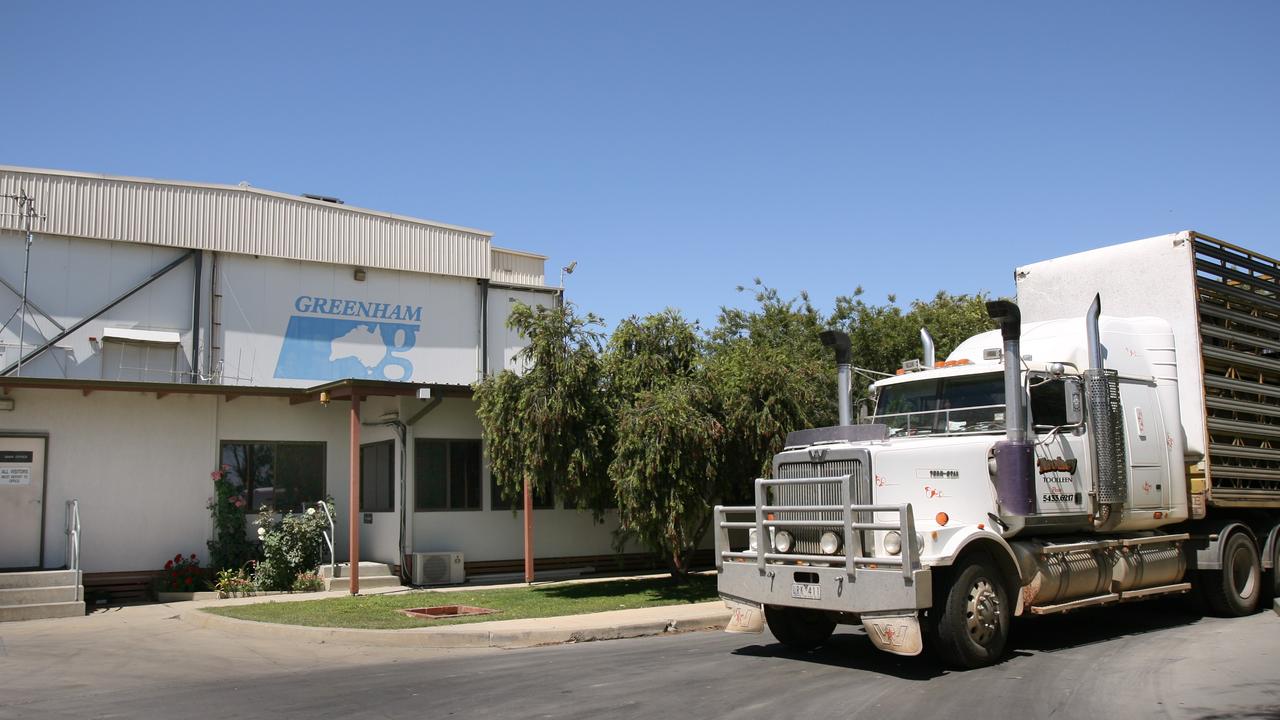Old tyres, dairy effluent ponds and manure are ‘industrial waste’
Victorian farmers will have to register old tyres and animal manure with the EPA as low-risk waste.

VICTORIAN farmers face having to register old tyres, dairy effluent ponds and tonnes of chicken manure on their properties as “industrial waste” with the Environment Protection Authority from July 1.
The Andrews Government has granted the EPA sweeping new powers, which impose a general environmental duty on all Victorians to register potential pollutants and ensure it does not “negatively impact on the environment”.
For farmers it means submitting a Declaration of Use to the EPA for approval, which identifies any low-risk waste on their properties — such as tyres, animal manures or effluent ponds.
The DoUs will have to be registered with the EPA and be valid for up to 12 months.
EPA Gippsland regional manager Jessica Bandiera said the EPA was still working on finalising its farm policies, but said at this stage all potential sources of pollution or contamination on farms would have to be registered with a DoU.
She gave the example of old tyres, used by hundreds of dairy farmers to weigh down silage covers, which the EPA defines as a potential pollutant.
Under current regulations anyone with more than 5000 tyres on their property already faces stringent licencing conditions, but those with less are not required to do anything apart from ensure they are only used for weighing down silage covers and not simply stockpiled.
But from July 1 Ms Bandiera said the plan was to require anyone with 5000 or less tyres to:
REGISTER them with the EPA (using a DoU).
DESIGNATE the agricultural use of the tyres.
ASSESS its risks.
“The EPA would then approve that registration,” Ms Bandiera said.
“But it’s not like a licence. It’s just acknowledging the business exists and it’s undertaking that activity.”
She said the EPA was yet to determine a lower limit on how many tyres could be held, without the need for registration.
Even dairy effluent ponds will be caught up by the new measures.
The current act only allows the EPA to take action if contamination occurs or a pollutant is released into the environment, such as dairy effluent ponds spilling into a waterway.
“Under the new act, if the pond doesn’t have capacity, then we may follow up with a non-compliance, before something happens,” Ms Bandiera said.
Victorian Farmers Federation chicken meat group president Allan Bullen, who sits on the EPA’s Agricultural Reference Group said animal manures could not be defined as industrial waste, given it placed onerous new burdens on farmers.
“What they’re (EPA) saying is if I send chicken manure to you and you misuse it, and it ends up in a river, then I’m partly responsible,” Mr Bullen said
“Even Agriculture Victoria is writing to the EPA telling them they’ve got it wrong and need to change it,” Mr Bullen said.
“It’s something we need to stop and voice our disagreement. (Because) when it falls flat I want to go back and say ‘we told you this would happen’.”


